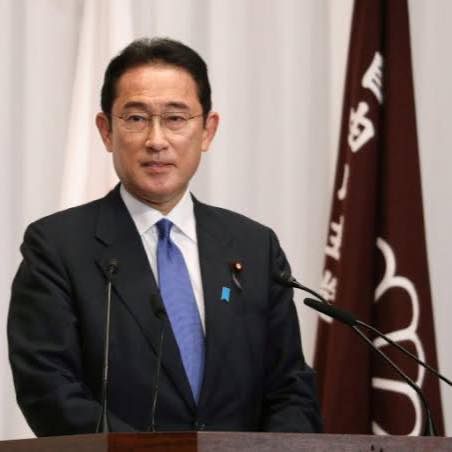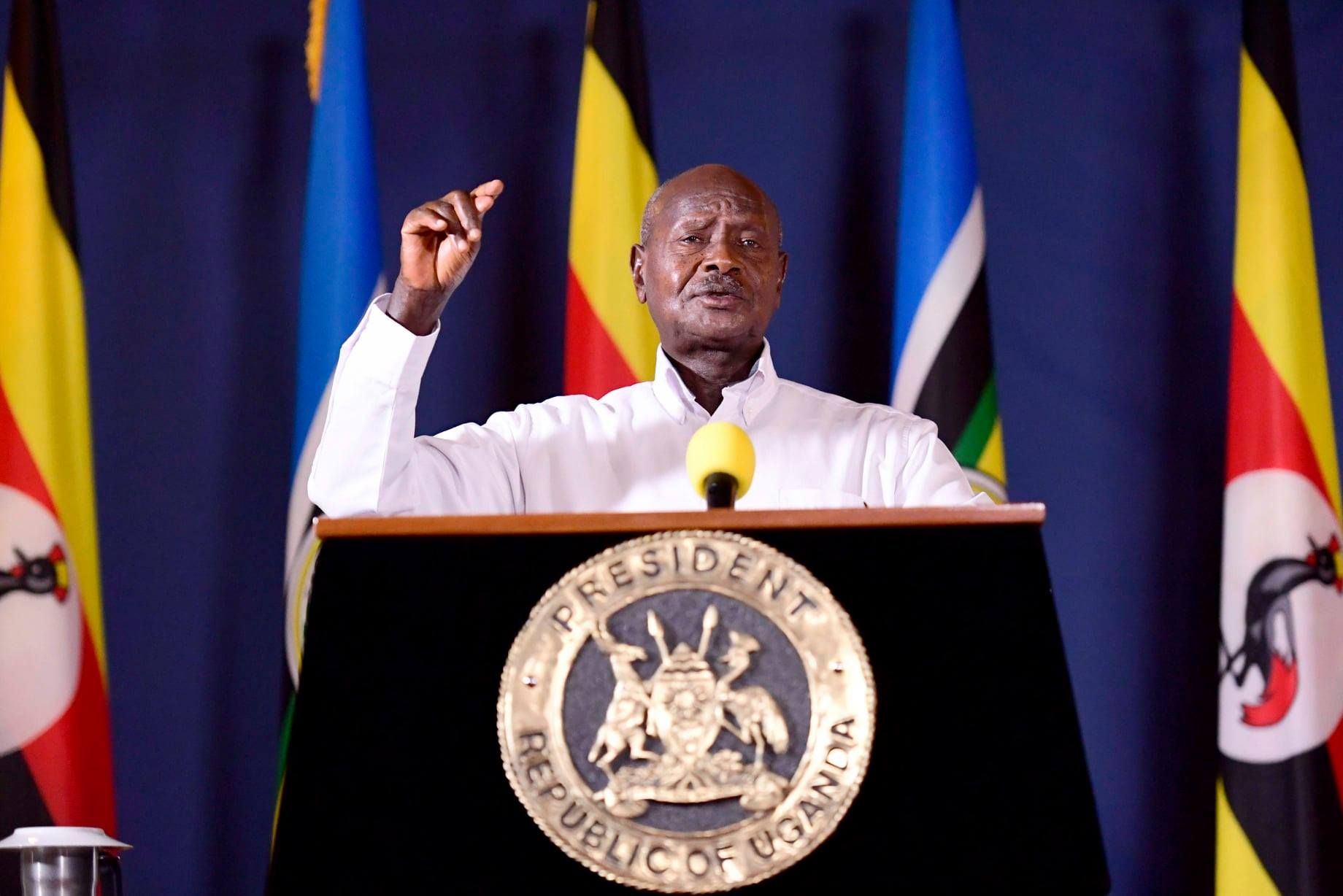South Korea introduces a pro-LGBT bill, Japan's government is under pressure to end a gay marriage ban, and Uganda's president signs a bill that issues the death penalty for same-sex acts.
Same-Sex Marriage Bill Goes To Parliament
The first same-sex marriage bill has been proposed in South Korea.
According to The Guardian, the bill seeks to amend the country’s civil code to include persons of the same sex in marriage. It was proposed by Jang Hye-yeong of the minor opposition Justice party.
“It’s a historic moment, but this is just the start,” said Ryu Min-hee, a lawyer at the Marriage Equality Korea civic group.
In addition to the same-sex marriage bill, two other bills were proposed relating to civil unions and IVF for unmarried women. The Guardian says that all three are a part of the goal to pressure the government to expand the traditional criteria surrounding the idea of family.
Government Pressured To End Same-Sex Marriage Ban
After a court ruled that Japan’s policy against same-sex marriage was unconstitutional, there has been added pressure for the country to end their same-sex marriage ban.
According to Kyodo News, Judge Osamu Nishimura said the current system that excludes same-sex couples with no legal protection for their relationship is unconstitutional and there is no room for government discretion.
Rights activists say that Japan’s government has stalled a push for equal rights even though it is supported by the public.
Prime minister Fumio Kishida claimed that Japan’s ban on same-sex marriage was “not discriminatory” and that legalizing it would “fundamentally change society” and challenge so-called traditional family values, reported the Guardian.
President Signs Law Ordering Death Penalty For Same-Sex Acts
Photo via Yoweri Kaguta Museveni, Facebook.
Yoweri Museveni, the President of Uganda, signed a law which allows the death penalty for homosexual acts.
The law imposes the death penalty or life imprisonment for certain same-sex acts, up to 20 years in prison for “recruitment, promotion and funding” of same-sex “activities,” and anyone convicted of “attempted aggravated homosexuality” faces a 14-year sentence.
In March, the bill was passed by all but two of 389 MPs. Museveni then had 30 days to either sign the legislation into law, return it to parliament for revisions or veto it. According to the speaker of the Ugandan parliament, Anita Annet Among, Museveni sent it back to MPs in April, with a request for reconsideration.
However, the bill would have still become law without the president’s assent if he returned it a second time.
Enacting the law sparked global outrage. The Guardian reported that The UK government was appalled by the “deeply discriminatory” bill, which it said will “damage Uganda’s international reputation.”
The United Nations released a statement saying, in part, “We are appalled that the Draconian and discriminatory anti-gay bill is now law. It is a recipe for systematic violations of the rights of LGBT people and the wider population.”





